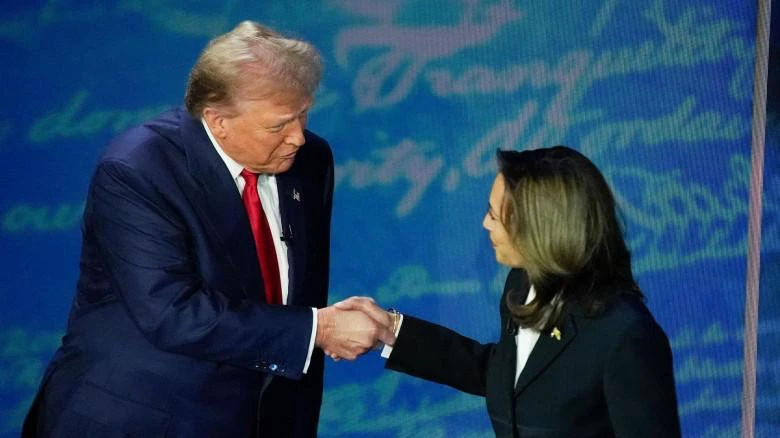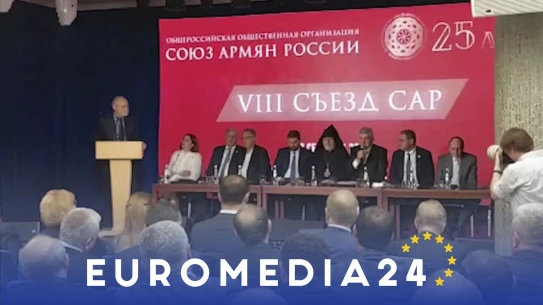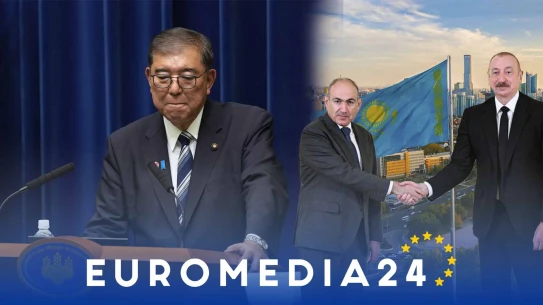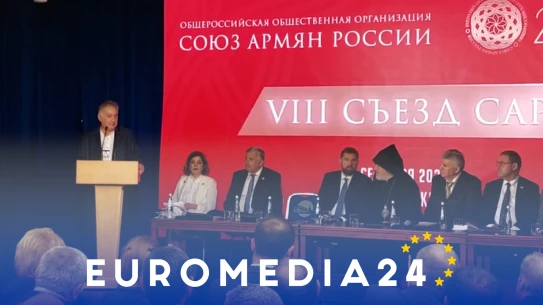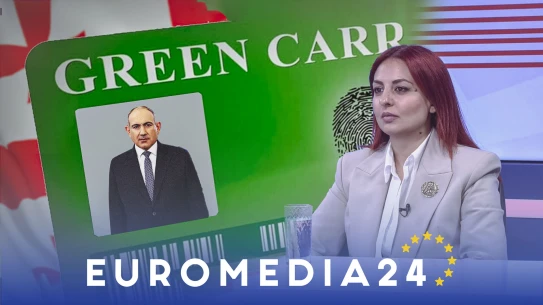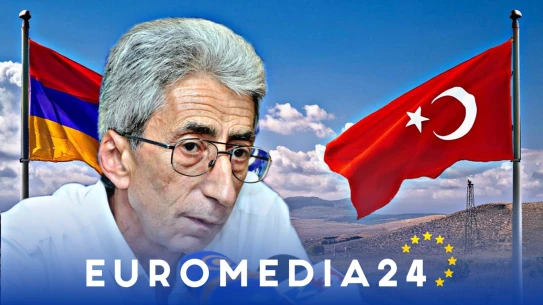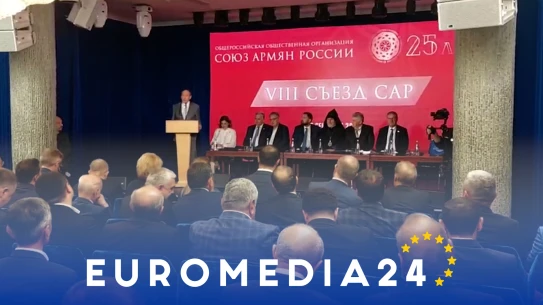"Fact" daily writes:
The US presidential election is also an event of global significance, as it has the world's greatest influence, the largest economy, the most advanced technological sector, and the most powerful military forces.
And many issues depend on the US foreign policy direction.
That's why in different parts of the world they follow the election processes in the USA.
Presidential candidate Harris, despite revising certain foreign policy approaches, remains largely committed to the policies of the current President Biden's administration in the context of continuing support for European allies within the framework of NATO and cooperation in the fight against climate change.
Meanwhile, Trump demands that NATO member states increase their military spending to 2 percent of their GDP and not rely on the US to always provide their security.
As a result of all this, disagreements and factionalism may deepen within the Western military-political alliance.
On the other hand, according to press publications, certain EU officials express such a position that Trump's victory is more useful for them, because it will give an opportunity to think about an independent defense system for Europe, which will enable it to face the current challenges.
Economically, Europeans also have reason to worry if Trump is elected, because already one term of his office has shown that Trump will pursue a protectionist policy and to protect the interests of local producers, he will raise tariffs for the import of certain products from the EU.
Latin America and North America are also closely watched. A second Trump administration could reignite tensions over migration and trade, affecting Mexico and Canada in particular.
As for China, even with the election of the two candidates for the US president, the existing tension in relations will continue, which is due to the economic competition and the circumstance of restraining China's intentions in the Taiwan issue.
Therefore, regardless of which presidential candidate wins, it is expected that the US support to Taiwan will continue, and cooperation with South Korea, Japan, and the Philippines will deepen.
The West will continue to use international platforms such as the Quadrilateral Security Dialogue (QUAD) and the AUKUS trilateral defense alliance to contain China.
At the same time, the US will try to create a deeper field of interaction with India, China's main competitor in South Asia.
But if the victory of Kamala Harris will see the US administration take a relatively soft stance towards China, Trump's victory promises to take a tougher approach towards Beijing, as intense economic competition and, due to the increase in tariffs, a trade war resumes.
And such a situation can also affect global supply chains, affecting the flow of capital, goods and services. US-China trade tensions will force US businesses to find alternatives to Chinese manufacturing, accelerating a global trend towards supply chain diversification.
As for US-Russia relations, during his time as vice president, Harris has expressed continued support for Ukraine in countering Russian actions and active US involvement in European security.
This approach will continue even in the case of his election, and in that case, we should not expect a weakening of the background of tension formed in the relations between Russia and the USA.
It is another matter that Trump has a softer approach to the issue of Russia. He puts the main emphasis on efforts to stop the war, despite the fact that the territories occupied by Russian armed forces in Ukraine may still remain with Russia.
And, in general, Trump is against the continuation of military support to Ukraine.
His team emphasizes that the billions of dollars provided to Ukraine at the expense of increasing the public debt or funds paid by taxpayers can be used more purposefully.
It is clear that the environment formed after the US elections will also affect our region and Armenia in particular. Therefore, the activity of the American Armenian community is also important in this regard.
The vote of American Armenians can also be decisive in the final result of the elections.
It is also due to this circumstance that Donald Trump recently touched on the topic of Artsakh, emphasizing that he will pursue the protection of the rights of Christians, and also had a telephone conversation with Catholicos Aram I.
But there is a problem of capitalizing all this from the point of view of foreign policy. Even more so, there is the issue of working closely with the Republican Party of the United States, taking into account not only the results of the presidential elections, but also the fact that their votes in Congress can be decisive in making decisions related to our interests.
ARSEN SAHAKYAN
















